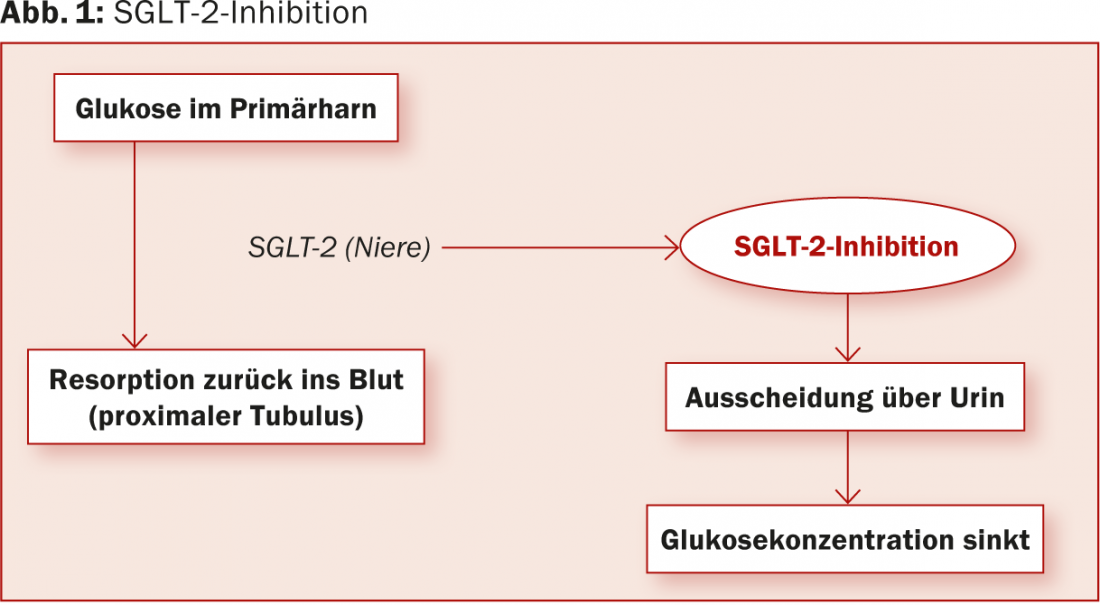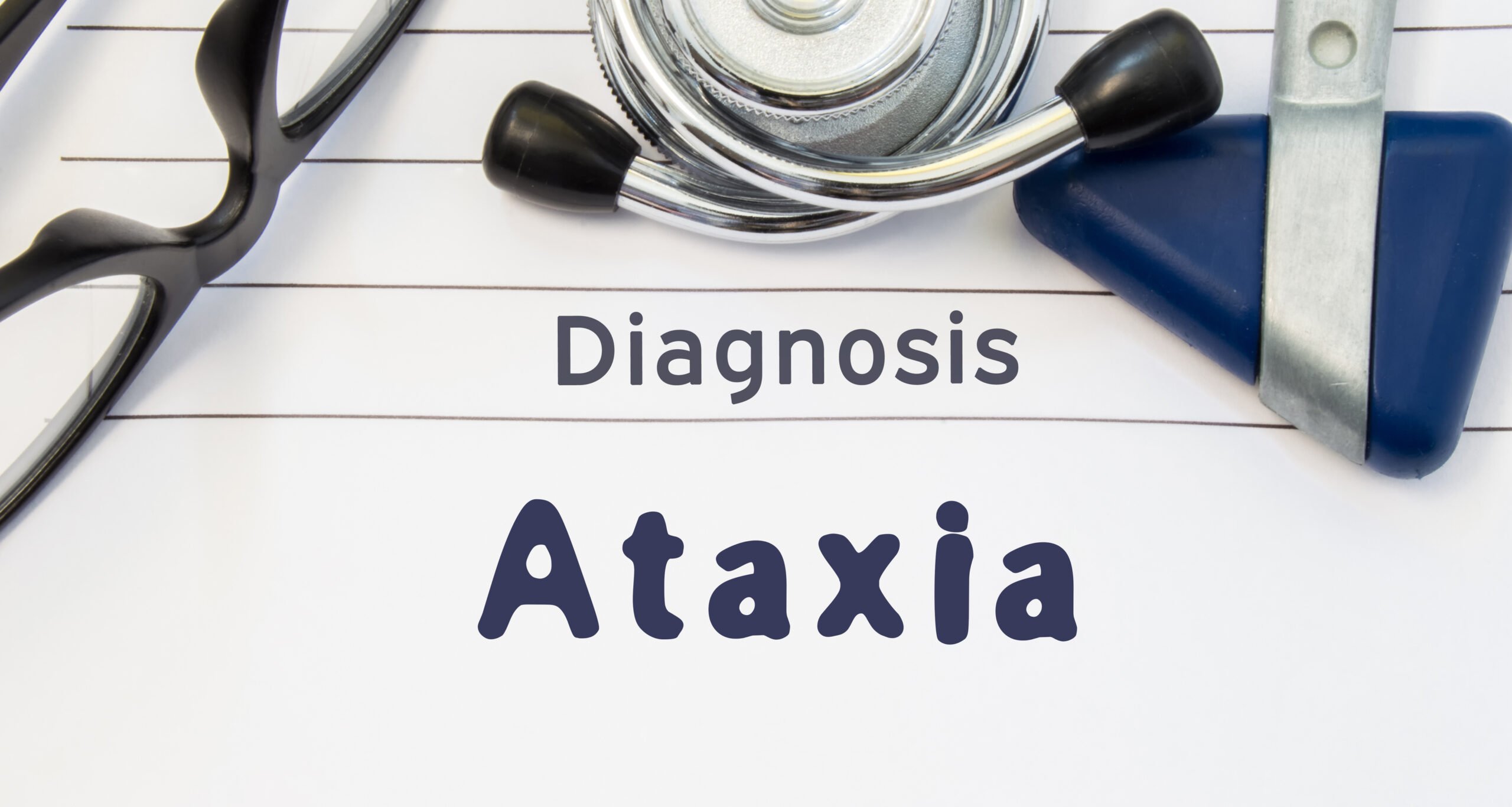Dapagliflozin, a potent new selective SGLT-2 inhibitor, is available in many countries for use in type 2 diabetes patients either as add-on combination therapy when other glucose-lowering medical agents together with exercise and diet have failed to provide adequate glycemic control, or as monotherapy in metformin intolerance. A satellite symposium at the ESCIM Congress in Geneva focused on the efficacy and safety of this substance.
(ag) According to Prof. Clifford Bailey, MD, Birmingham, progressive type 2 diabetes typically requires different therapies, but these are limited when complications arise. Such can be reduced mainly by good glucose control. The etiology is also multivariable, heterogeneous, and just progressive. “While we already have effective therapies available for several key organs that play a role in the regulation of plasma glucose, the kidney has been missing until now. This produces about 20% of the total glucose in the body and uses almost all of it itself. In addition, it filters about 180 g of glucose per day, of which it also reabsorbs almost all. It is therefore an important player in the entire glucose process. In type 2 diabetes, the kidney is now working overtime,” Prof. Bailey explained. The absorption occurs mainly via the so-called “sodium glucose cotransporter-2” (SGLT-2). If this is now inhibited (Fig. 1), as is possible with the new selective SGLT-2 inhibitor dapagliflozin, the excretion of glucose via the urine increases (glucosuria).

“This reduces plasma glucose, addresses hyperglycemia, and supports weight loss. The likelihood of hypoglycemia is comparable to placebo. All of this is completely insulin-independent. So, unlike other therapies, an effect can still be achieved when insulin secretion decreases,” says the expert [1].
In addition, SGLT-1 inhibition also delays intestinal glucose absorption. Various such substances are currently being clinically tested.
How does dapagliflozin fit into the overall concept of therapy?
Dapagliflozin is administered once daily. taken as a tablet (5 and 10 mg). “It is usable as an add-on combination therapy with other glucose-lowering medical agents (including insulin), and when these together with exercise and diet did not provide adequate glycemic control,” Prof. Bailey explained. “As monotherapy, it is used in metformin-intolerant patients in whom neither exercise nor diet produced sufficient effect.”
Clinical trial
A multicenter, placebo-controlled, randomized phase III trial and its extension to up to 102 weeks [2,3] showed the following benefits of treatment with dapagliflozin (as an add-on to metformin):
- Significant and sustained HbA1c reduction
- Sustained weight reduction
- Low incidence of hypoglycemia
- May also help control blood pressure
- Is compatible with other diabetic therapies.
“Various phase III studies, some of which were presented at last year’s EASD congress, confirmed the (long-lasting) effect of dapagliflozin on HbA1c in type 2 diabetes mellitus, in various combinations (metformin, insulin). The efficacy here depends on whether renal function is normal or impaired: in type 2 patients with moderate renal impairment, dapagliflozin did not affect HbA1c, but continued to affect weight and blood pressure [4]. The effect on weight (reduction or at least stabilization) was confirmed in various phase III studies, in monotherapy, but also in combination with metformin, glimepiride, pioglitazone and insulin,” says Prof. Gottfried Rudofsky, MD, Kantonsspital Olten. “Dapagliflozin does not harm the kidney. Similarly, an increase in bladder and breast cancer incidences initially observed in clinical trials could not be confirmed. One concern, however, is urogenital infections, which are more common with dapagliflozin and have led (in part but rarely) to treatment discontinuation.”
Source: “SGLT2 Inhibition: Novel Oral Treatment Options for Type 2 Diabetes,” AstraZeneca Satellite Symposium at ESCIM Congress, May 14-16, 2014, Geneva.
Literature:
- Bailey CJ: Renal glucose reabsorption inhibitors to treat diabetes. Trends Pharmacol Sci 2011 Feb; 32(2): 63-71.
- Bailey CJ, et al: Effect of dapagliflozin in patients with type 2 diabetes who have inadequate glycaemic control with metformin: a randomised, double-blind, placebo-controlled trial. Lancet 2010 Jun 26; 375(9733): 2223-2233.
- Bailey CJ, et al: Dapagliflozin add-on to metformin in type 2 diabetes inadequately controlled with metformin: a randomized, double-blind, placebo-controlled 102-week trial. BMC Med 2013 Feb 20; 11: 43.
- Kohan DE, et al: Long-term study of patients with type 2 diabetes and moderate renal impairment shows that dapagliflozin reduces weight and blood pressure but does not improve glycemic control. Kidney Int 2014 Apr; 85(4): 962-971.
CONGRESS SPECIAL 2014; 5(2): 25-26











